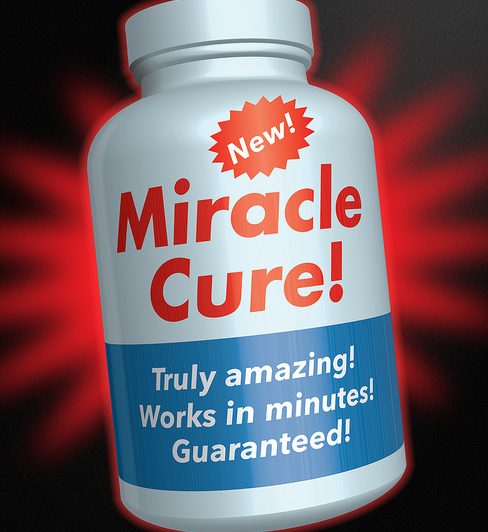Medicare data reveals that almost one in three older adults have surgery in the year before they die. And one in four have surgery in the three months before they die. But, Liz Szabo reports for Kaiser Health News that the risks of harm from surgery often outweigh the benefits in people at the end of life. There may be no miracle cure, but you do have options.
Dr. Rita Redberg, Director of Cardiovascular Care at the University 0f California–San Francisco Division of Cardiology, believes that doctors opt to operate rather than not because they often fail to appreciate what patients value most. They do not ask their patients. Yet, many patients at the end of life place a higher priority on quality of life than on a prolonged life in a nursing home.
Doctors tend not to focus on the fact that older people fare far worse from surgery than younger people, for whom surgery can be lifesaving. Older people tend not to benefit in terms of longer lives or better quality of life. Indeed, functional decline is too often the consequence of surgery. The recovery rate for older adults is far slower than younger people, requiring them to spend twice as long in intensive care.
One in five older adults die within a month of getting emergency abdominal surgery. But, surgeons may not want to, or know how to, communicate this information to older adults. Some are now using a best case/worst case framework for helping older adults share in decision-making about their care.
The issue is extremely complex. It is easy to imagine that the surgery will not deliver the desired benefits. But, it is hard to turn it down if the doctor recommends it as an option. Maybe, you think, you will be lucky and the surgery will improve your condition. It is far more difficult to weigh the potential harms in the balance.
Just the other day my 95-year old father went to the emergency room with a health care buddy after he took a fall. After waiting five hours for the brain imaging scan the ER staff claimed he needed, he called me for advice. He wanted to leave. I urged him to go home and get sleep. He was clearly of sound mind but totally exhausted. Instead, he spent the night in the ER, exposed to dozens of people in poor health and at risk of infection. His geriatrician discharged him the next day.
My dad had tried to leave the ER after we spoke, but a doctor, not his treating physician, blocked his way. The doctor was adamant he stay for the test and for the night. And, though my dad is a retired doctor, neither he nor his health care buddy felt they could disregard the doctor’s instructions.
Requiring people at the end of life to pay a portion of the surgery’s cost is not the solution. That simply rations care based on ability to pay rather than on need. It does nothing to move doctors to both help patients understand they have options and respect those options.
Decision-support tools could be helpful for older patients to understand the risks of surgery, along with the best, worst and most likely outcomes. The mounting evidence suggests that fewer medical interventions and medicines often mean a longer and better life for older adults at the end of life–people need to understand that.
Here’s more from Just Care:










